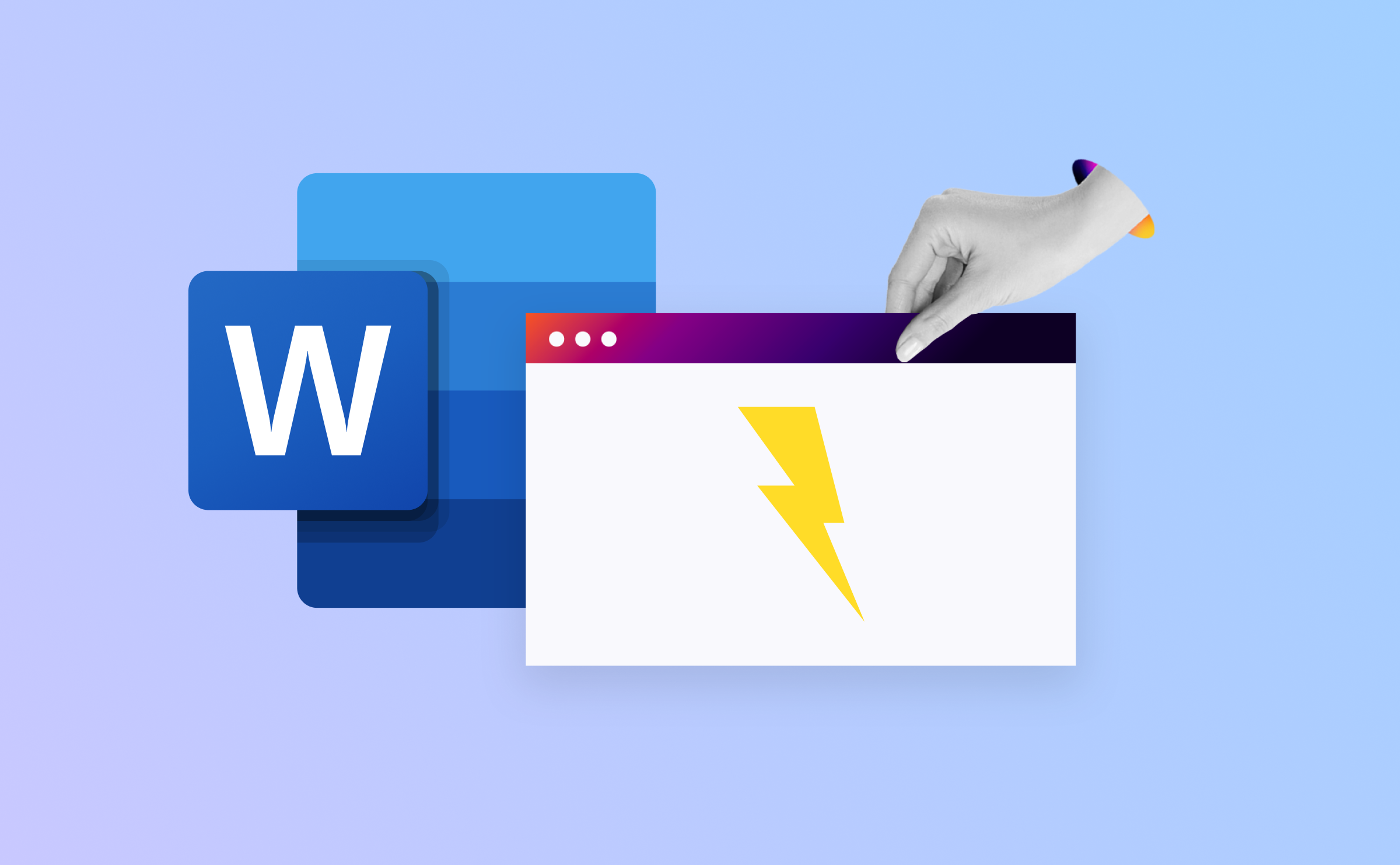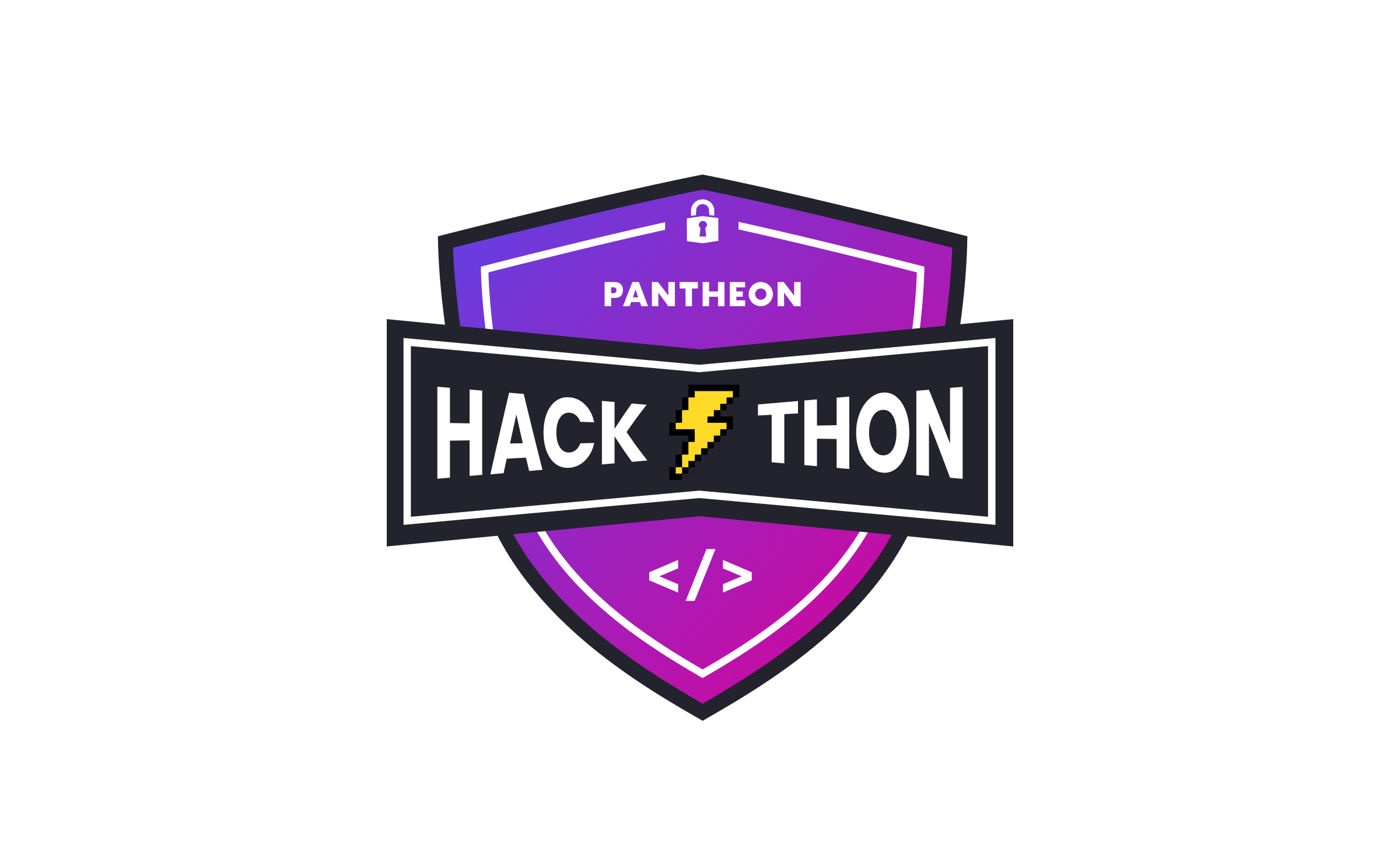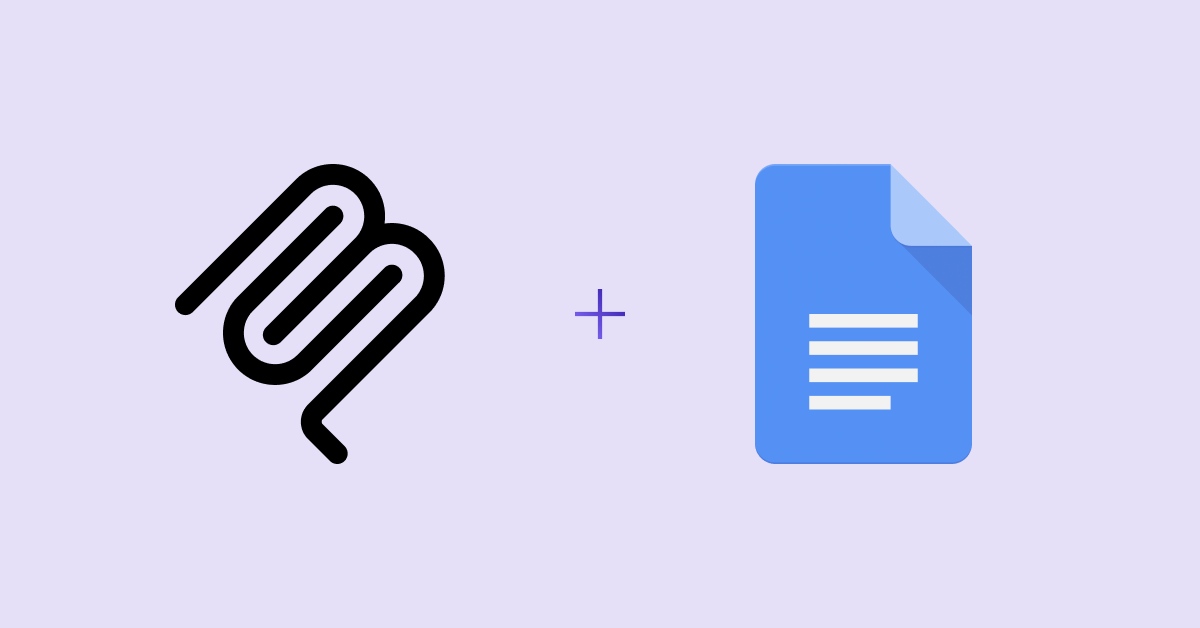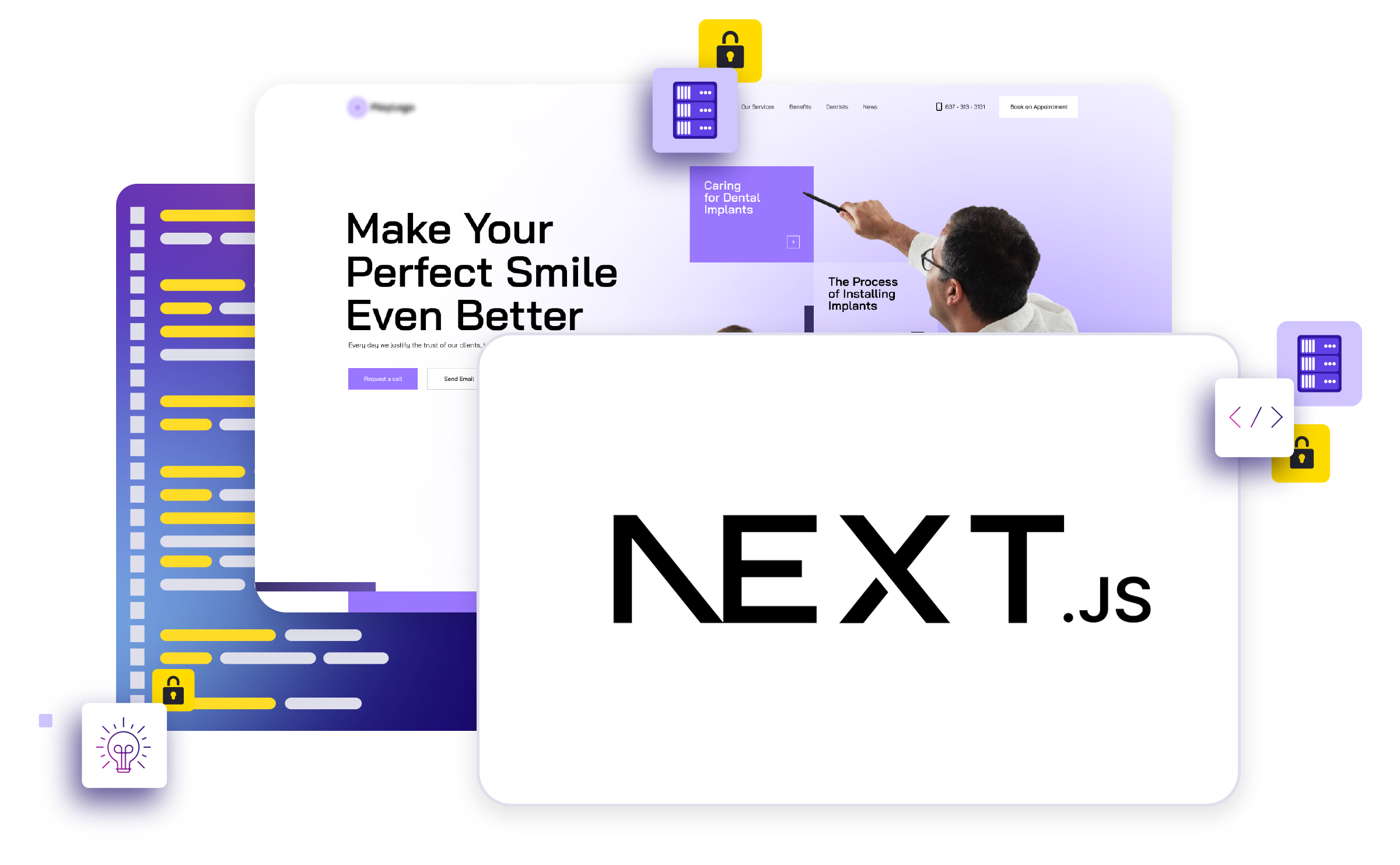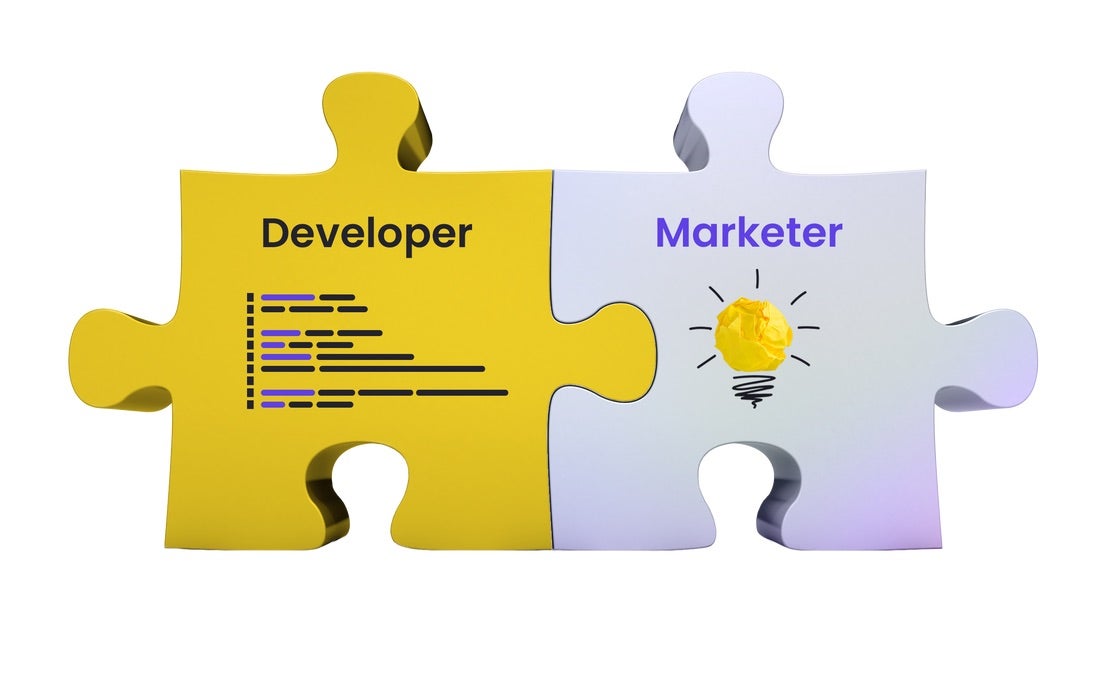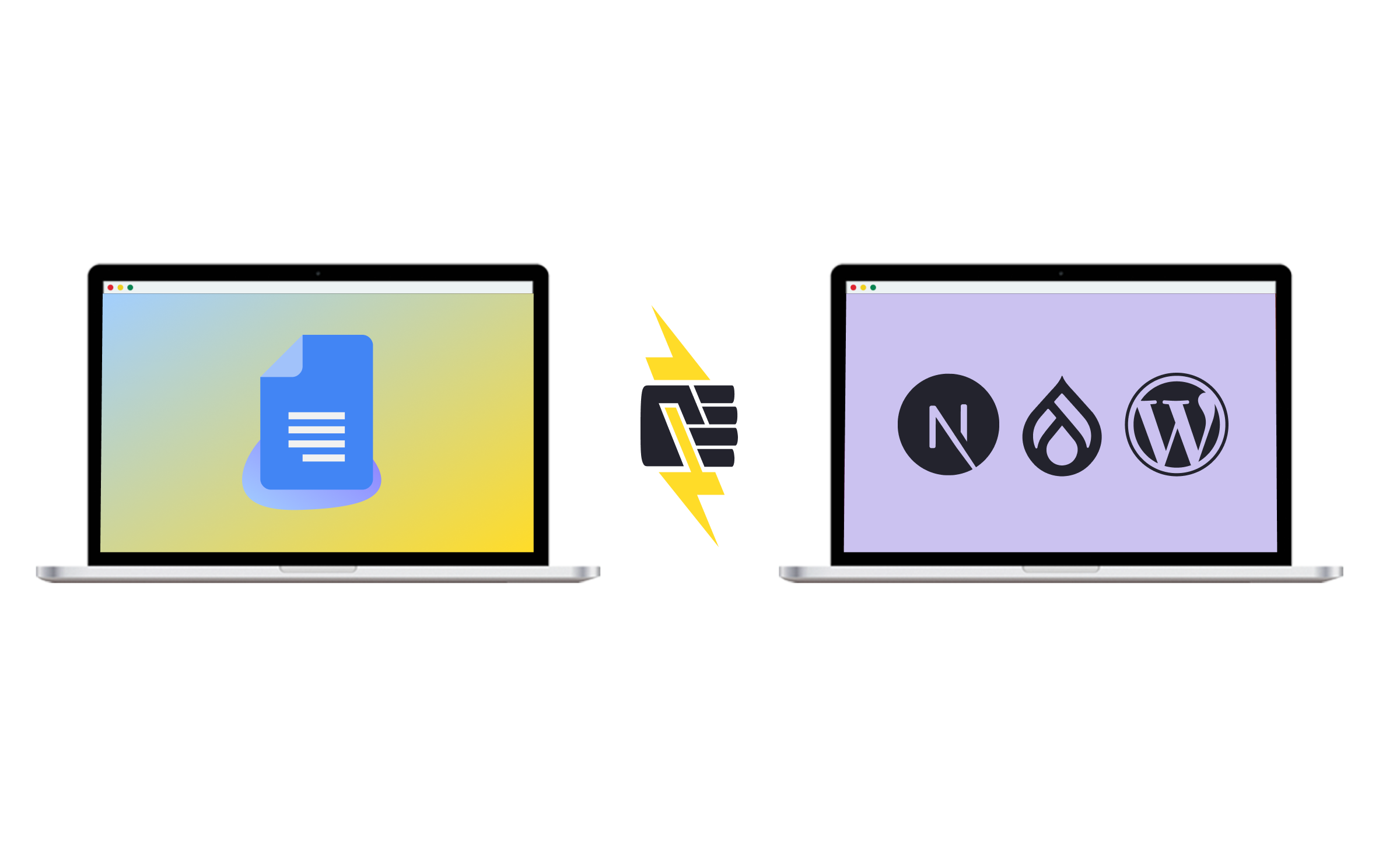The Pantheon Blog
Brandfolder Image

Latest insights
Publish to Your Website from Microsoft Word with Content Publisher
Read MoreStop Retrofitting Accessibility. Start Publishing Born Accessible Content
Read MoreAdvancing Web Operations: Innovations from the 2026 Pantheon Hackathon
Read MoreUnlock Agentic AI: Introducing the Content Publisher MCP Server for Next-Gen Content Operations
Read MoreBeyond the Content Cold War: How to Escape 5 Web Marketing Traps
Read MoreLog Forwarding in Beta: Delivering Actionable Insights for Customers
Read MoreThe Web Is Dynamic: Next.js on Pantheon Enters Private Beta
Read MorePantheon’s Journey to a Unified API with Grafbase
Read MoreUncomplicate Decoupled: Learn About Next.js on Pantheon
Read MoreSystems and Stories: How Developers and Marketers Can Work in Sync
Read MoreHow to Implement Content Publisher on a New or Existing Website
Read MoreYes, CEOs care deeply about websites
Read More